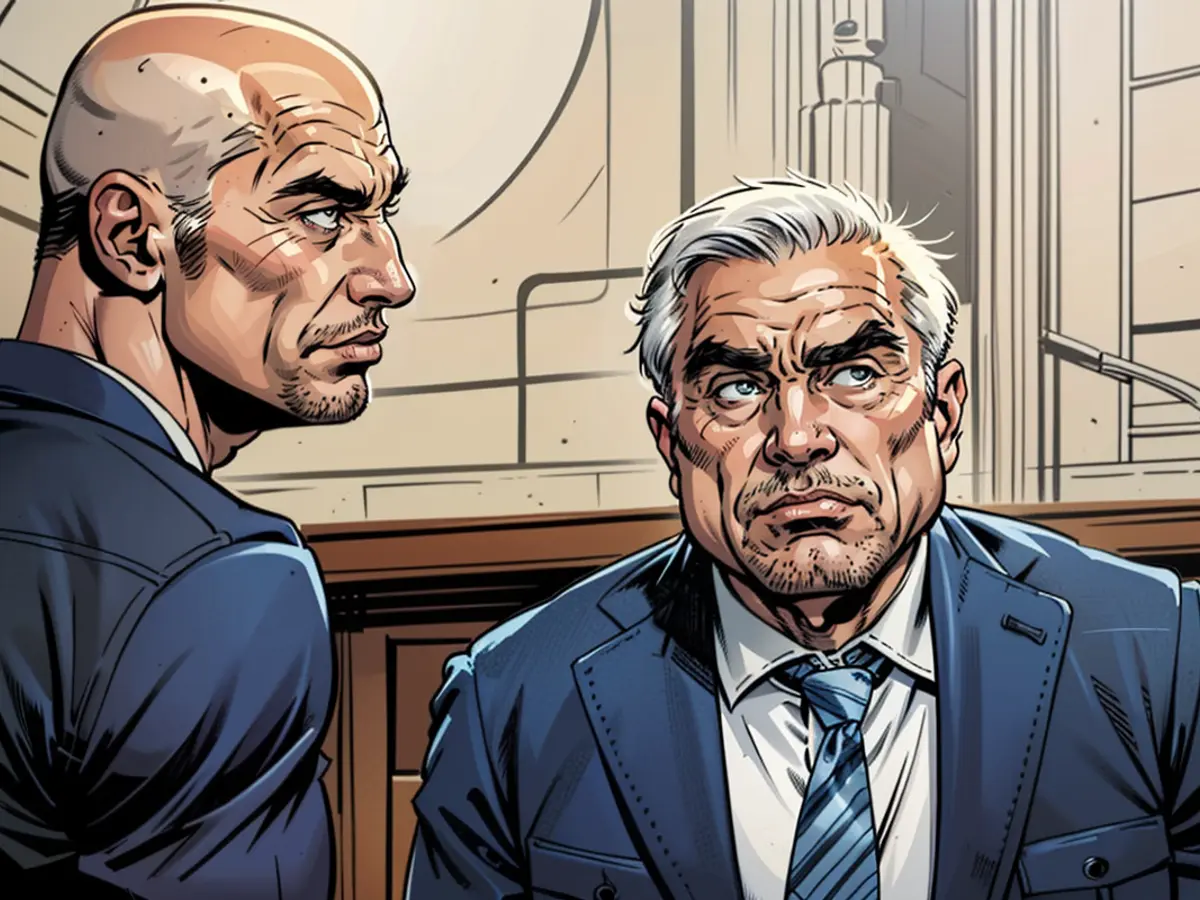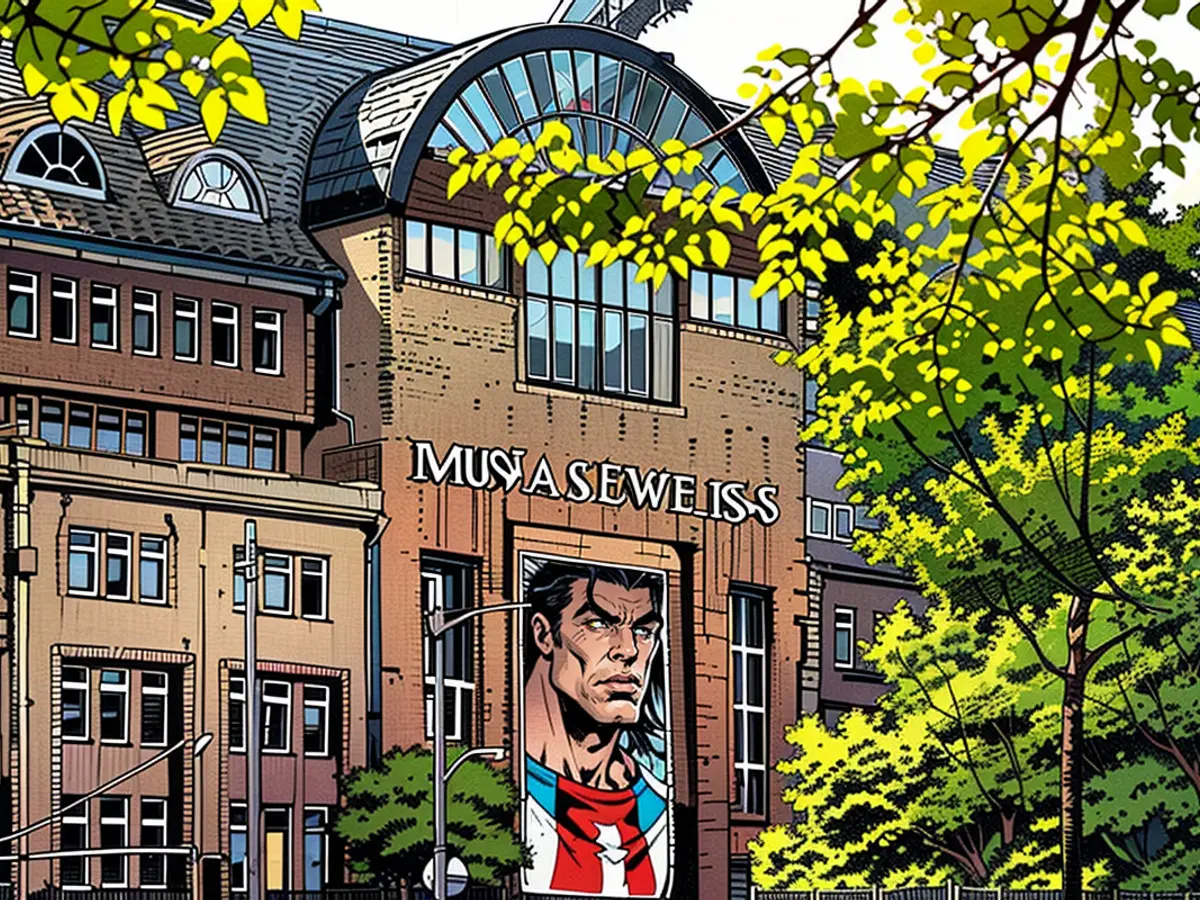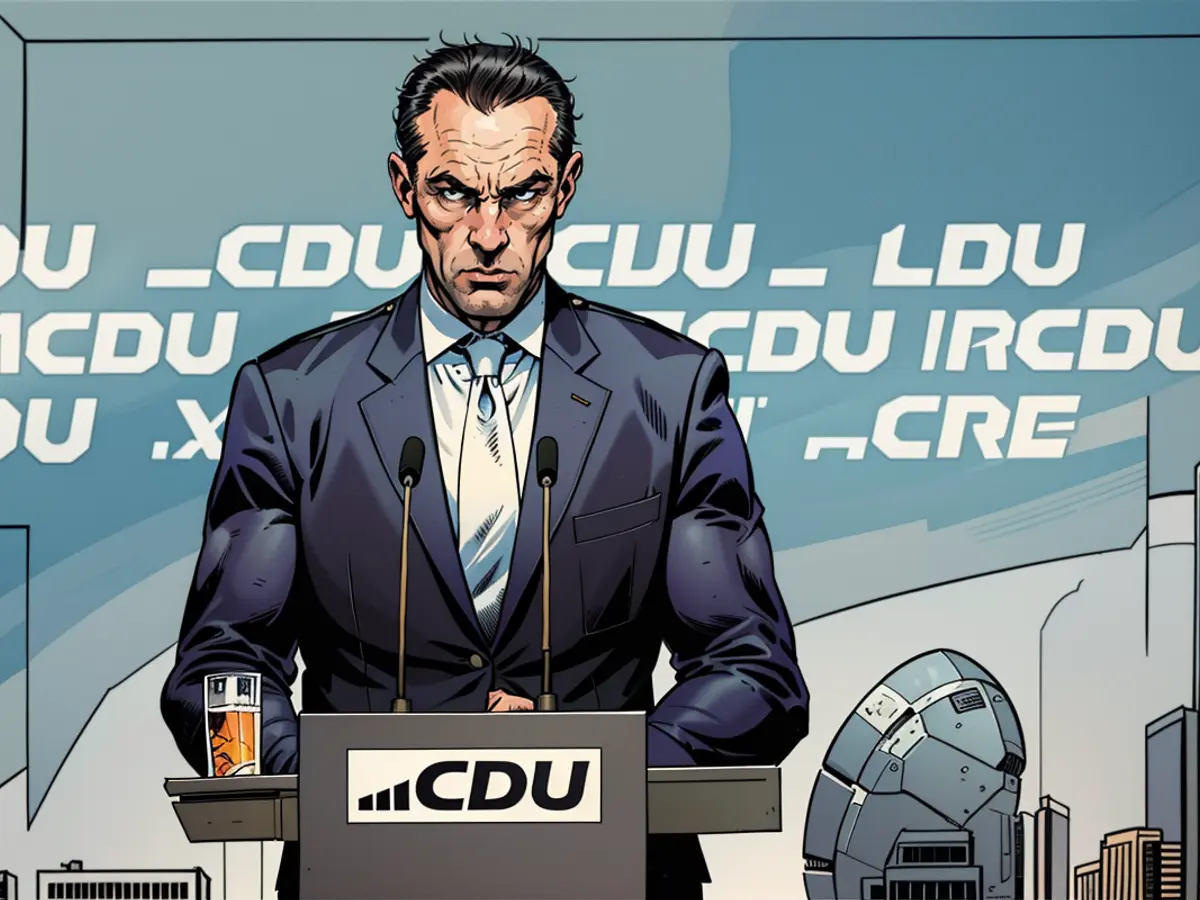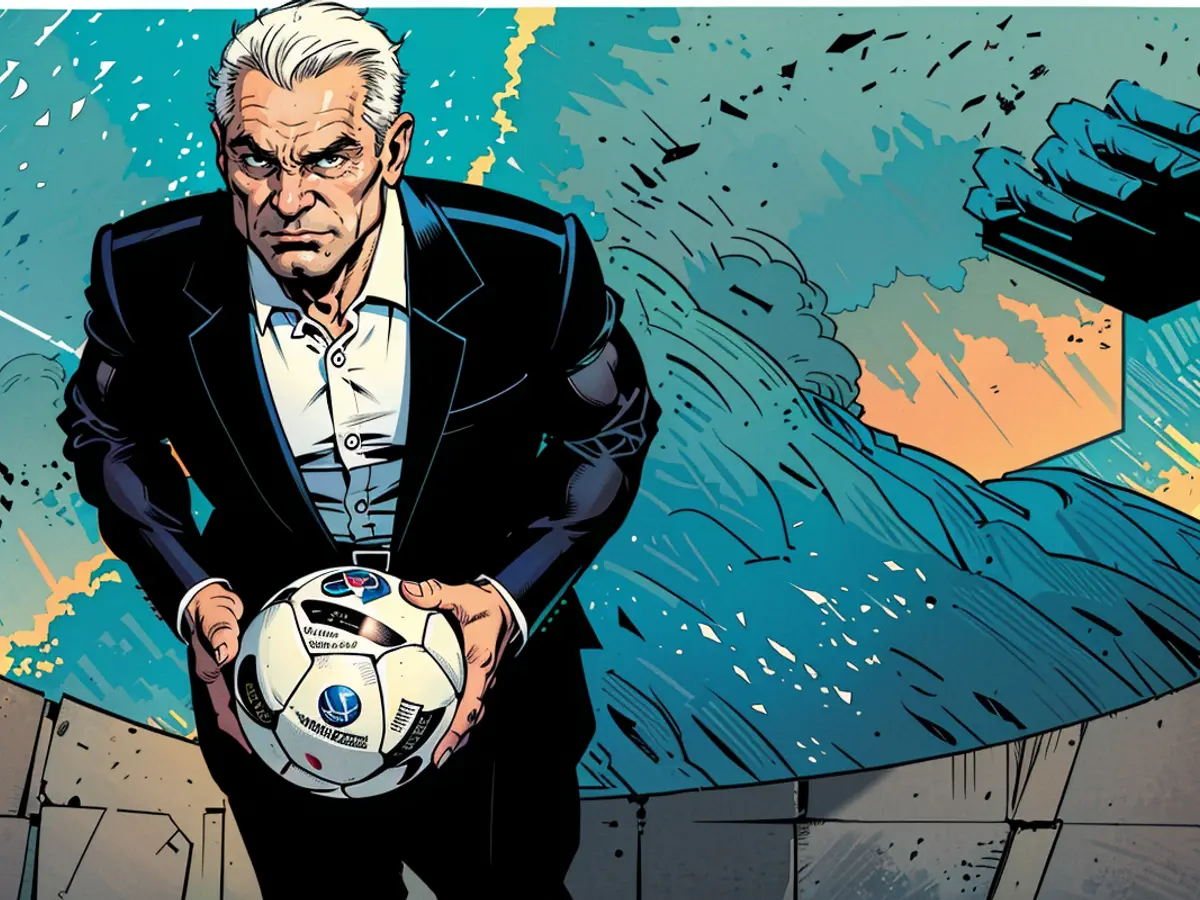Washington Post publisher reveals a $77 million loss in the previous year; here's his strategy to recuperate the situation.
Wearing a navy blue blazer and a button-down shirt, accompanied by his favorite sneakers, Lewis delivered some unsettling news to the staff. He candidly explained The Washington Post's recent financial difficulties, revealing a $77 million loss in the past year and a staggering 50% drop in readership since the height of 2020.
"To put it bluntly," Lewis addressed his packed audience during a 90-minute meeting, "we're in a stink, and we've been there for some time."
However, Lewis has a plan to save The Washington Post, renowned for its groundbreaking news stories and transforming iconic journalists into household names. Called "the build it" phase of the turnaround project after the previous "say it" and "fix it" phases, the plan included a visual aid - a pyramid shown through a Powerpoint presentation.
The pyramid, designed to aid employees in seeing new business opportunities, presented the regular membership subscriptions alongside other offerings targeting interested readers. It included "flexible payments," referred to as "frictionless payments" focusing on the segment traditionally unreached. This feature would enable readers to pay for a single article they'd like to read through services like Apple Pay. Sources confirmed that this option would be available starting next quarter.
Two more subscription levels, named "Post Pro" and "Post Plus," are under development, aiming for working professionals and dedicated readers. They will offer additional items such as a future newsletter concentrating on climate and economy. This strategy post-dates similar subscription offerings from Axios and POLITICO, which have yielded new income sources.
Chief Growth Officer at The Washington Post, Karl Wells, explained their motivation. "We believe we've been a one-size-fits-all institution far too long. We're more than excited to create new customer and professional products that suit the diverse needs of our varied audience."
Additionally, Lewis' plan extended beyond subscription revamping. Silicon Valley veteran Vineet Khosla, The Post's chief technology officer, came forward to address the employees about incorporating AI into the newsroom.
"I recognize the widespread fear about AI," he said. "But I urge us to look beyond that. Imagine AI assisting us at our desks, interacting with consumers, and in our business – think of it as a copilot."
The AI experimentation has begun. The Post has already incorporated A.I.-generated voices to facilitate audio versions of some newsletters. And last week, Executive Editor Sally Buzbee issued a staff memo about extending article takeaways, powered by A.I. and edited by human reporters.
While The Washington Post is betting on employing A.I. across its products, they emphasized the centrality of the human aspect in their journalistic endeavors. With two upcoming subscription tiers and AI integration, the newspaper plans to connect readers with their preferred journalists more closely.
The future outcome of the multi-faceted project is uncertain. Lewis and his team face an uphill battle to revive The Washington Post's fortunes as shown in his stark disclosure. But the highly ambitious new publisher exudes confidence that these measures will bring the company to success.
"I sincerely hope in the future, you'll look back on this day as a significant moment in our organization's history," Lewis concluded.
Read also:
- Lack of snow also opens up new opportunities for winter tourism
- Abrupt end to e-car subsidies
- The chemical industry has little confidence
- Intersport boss hopes for sales boom through sporting events
Source: edition.cnn.com








